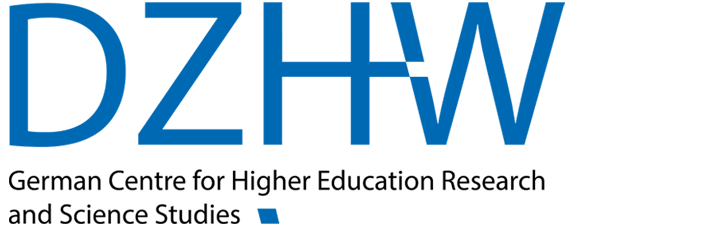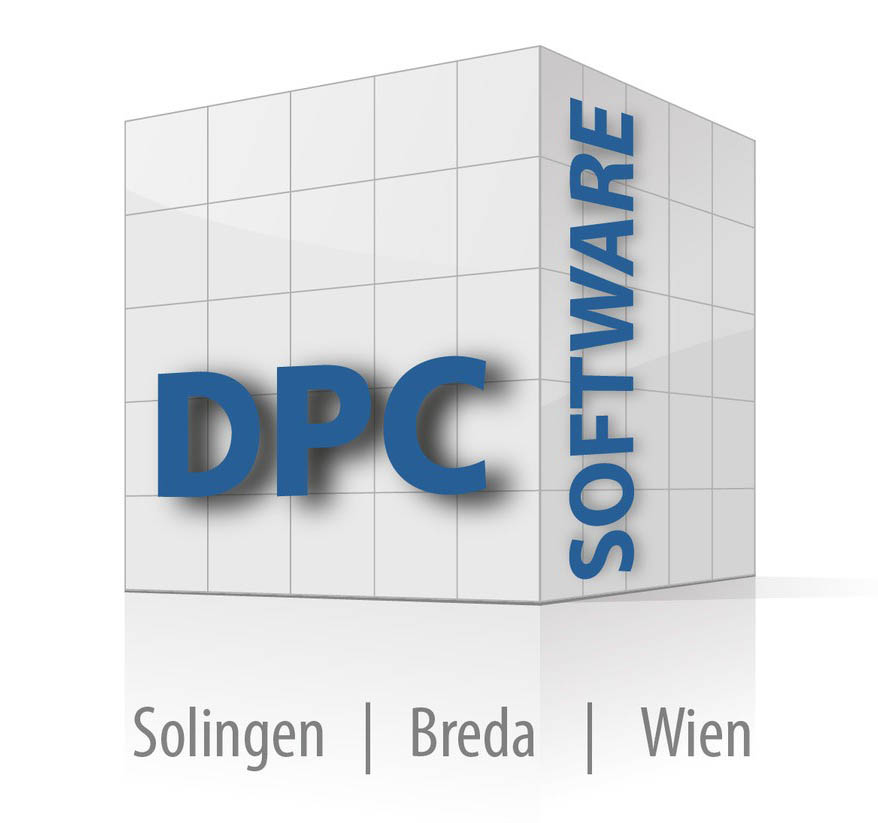
DEiVHERSS Competition - Advanced Data Enrichment and Visualization Techniques in Higher Education Research and Science Studies
Introduction
The discipline of higher education research and science studies is a vibrant and fast evolving research field where the social situation of students and researchers is a central subject of research. This includes topics like social inequality as well as study success and success in the transition to work. To address these and other topics there is a multitude of data shared via, e.g., the Research Data Center for Higher Education Research and Science Studies based at the DZHW (https://fdz.dzhw.eu/en). Although these datasets offer great potential for linkage, visualization, and joint analysis with other data sources, this has rarely been done, since connecting different types of data, such as quantitative survey data with statistical data, requires a considerable amount of effort and competence to clean and consolidate the data. The challenge, thus, is interdisciplinary since useful and trustworthy investigations require both a social-science perspective on the data and the methodological experience from a data science perspective.
With this competition, we want to bring together data scientists and social scientists and foster their methodological competences for visualizing and enriching quantitative survey data from the higher education sector with openly available statistical datasets (e.g., Wikidata, OECD, Destatis) with a special perspective on transnational comparison. See also data.
The Competition
Based on the challenge of visualization and data enrichment, we provide two tracks of competition submissions (see proposal requirements below). On May 22 at 15:00 (CEST) will be an introductory video call, where further questions will be answered (see link below).
(1) Visualization Track:
Find interesting phenomena within the survey data from the higher education sector (e.g., correlations, dependencies)
and approaches that enhance the understanding of these phenomena. EUROSTUDENT covers a wide range of topics related
to the social dimension of higher education, providing information on students’ socio-economic and demographic background,
their current living situation (housing, employment, income, expenses), and their past and present study situation
(access into higher education, study conditions and quality, time budget, international mobility). Potential questions
therefore include, but are not limited to:
- Can typologies of students be identified across countries based on their socio-economic, study and/or living characteristics?
- How is the students’ socio-economic and demographic background related to their study situation?
- What is the relationship between students’ living conditions and their study experience?
(2) Data Enrichment Track:
Find interesting facts and patterns in the intersection between the survey data and additional sources
and create an analysis that answers a question of social relevance. By combining EUROSTUDENT data with
(country-level) indicators derived from, for example, official statistics (e.g., Eurostat, UNESCO),
registry data, or other large-scale surveys (e.g., ESS, PISA), questions such as the following could be explored:
- How does the student population reflect the general population of a country regarding different aspects, e.g., income, living situation, health, demographics?
- How does the survey data reflect economic systems, cultural norms and values, political systems, or higher education systems of the respective countries?
- Do the student populations differ in their socio-economic make-up depending on characteristics of the national school systems?
- Can characteristics of the student populations be linked to outcome variables at the national level, e.g., labor market characteristics?
- Are there similarities between school students and higher education students?
What are the requirements for the proposal?
The proposal should include a brief introduction of the individual participants or teams, followed by a description
of the central question(s) to be addressed, the methods, software, and data to be used. In this context, the proposal
should refer to one of the two tracks for which it should be submitted.
The proposal must not exceed 1000 words.
If you have any questions regarding the proposal, please contact us via: .
Important Dates
What is in for me? Will there be an award and price money?
First, you will have, in any case, your personal project, new contacts with researchers from the field of data science and higher education research and an invited presentation. Furthermore, all presentations of the final session will be reviewed by a jury of scientific experts.
The best presentation will receive the "DEiVHERSS Award of Excellence in Advanced Data Enrichment and Visualization Techniques in Higher Education Research and Science Studies" and a monetary award of 1000 Euros. The second and third place will also be awarded with 300 Euros and 200 Euros respectively.
The monetary awards are generously provided by the DPC-Group. DPC is an official Stata distributor
for Germany, the Netherlands, Austria, the Czech Republic and Hungary, as well as a distributor for Statgraphics in Germany.
Furthermore, we are about to organize a special issue, where accepted solutions can publish their methodology, results, and findings to a broader community.
DEiVHERSS Competition Jury:
- Prof. Dr. Jungbauer-Gans (Scientific Director German Centre for Higher Education Research and Science Studies, Hanover)
- Prof. Dr. Marek Kwiek (Center for Public Policy Studies, Adam Mickiewicz University, Poznań)
- Prof. Dr. Felix Weiß (Danish School of Education - Educational Sociology, Aarhus)
- Dr. Kristina Hauschildt (EUROSTUDENT Project Coordinator, German Centre for Higher Education Research and Science Studies, Hanover)
- Mag. Martin Unger (Head of the Research Group for Higher Education Research, Institute for Advanced Studies, Vienna)
Data
As we want to bring together data scientists and social scientists and foster their methodological competences for visualizing and enriching quantitative survey data from the higher education sector with openly available statistical datasets (e.g., Wikidata, OECD, Destatis) with a special perspective on transnational comparison. For this purpose, data from EUROSTUDENT VII, which provides a unique dataset on students from 17 European countries with 222,177 participants, will be the focus of the competition (https://doi.org/10.21249/DZHW:es7:3.0.0). Despite this focus other data from the FDZ-DZHW may also be provided.
Access to the Eurostudent Data
Get fast track access for a first insight into the data
The Eurostudent VII data can be accessed via the Research Data Center for Higher Education Research and Science Studies (FDZ-DZHW). For a first insight into the data, you could access the data remotely in a secure environment. There you can assess whether your research project can use this data. For this fast-track access write an email with a short request to .
Fast-track data access can be requested until July 10, 2023.
You can also request full data access directly.
Get full data access for participation in the competition
If you want to participate in the competition, a data use agreement must be concluded, and you will get the data as a download file for further analysis.
You can order the data directly via this link https://metadata.fdz.dzhw.eu/en/data-packages/stu-es7?page=1&size=10&type=surveys&access-way=download-suf&version=3.1.0
- Follow the link above.
- Add the data to the "shopping cart" and proceed in the shopping cart (Ordering the data is free of charge).
- During the ordering process you will have to provide a brief outline of your project (please refer explicitly to the competition) and some personal data.
- After applying for data access, you will receive a contract, which you must sign and return to the DZHW.
- After signing the contract you will get access to the download file.
- Don't forget: To participate in the competition, you must also submit a proposal (see details above)





